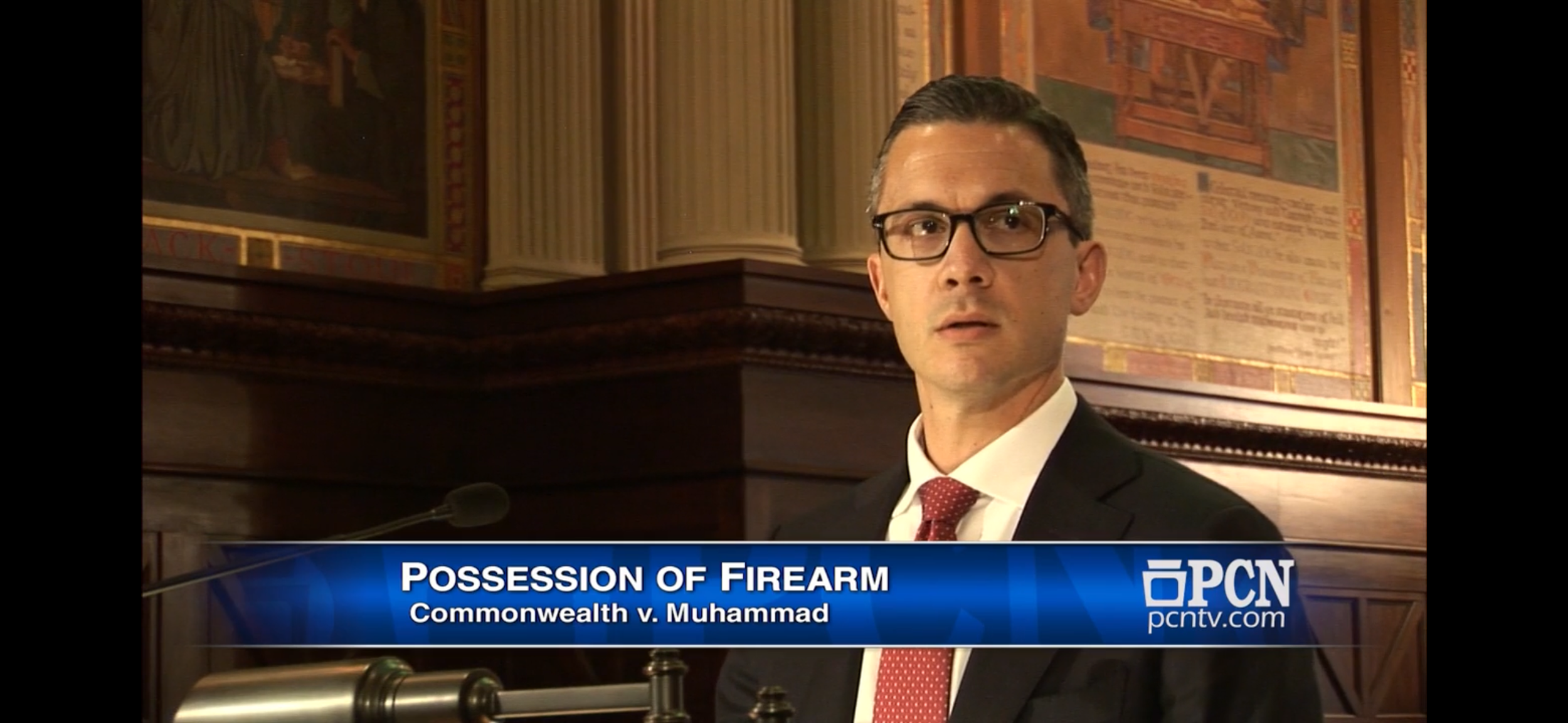PA Superior Court: A Defendant Can Conspire to Commit Second-Degree Murder
Philadelphia Criminal Defense Lawyer Zak T. Goldstein, Esquire
The Pennsylvania Superior Court has decided the case of Commonwealth v. Wellman, holding that conspiracy to commit second-degree murder is a cognizable offense under Pennsylvania law. The Court held both that the offense exists in Pennsylvania and that the evidence was sufficient to uphold the defendant’s conviction.
The Facts of Wellman
The case arose out of a violent robbery which occurred on October 5, 2019, in Philadelphia. The Commonwealth alleged that the defendant and his brother entered an apartment, brandishing a handgun and what appeared to be a rifle. They robbed several occupants of their wallets, phones, and valuables. When the decedent resisted, the defendant pressed a handgun to the decedent’s head and fatally shot him. Police later apprehended the brothers in a nearby alley. The police recovered stolen items, discarded clothing, and a revolver with gunshot residue in it.
The police arrested the defendant, and prosecutors charged him with second-degree murder, robbery, conspiracy, and firearms offenses. He went to trial, and the jury found him guilty. He received a mandatory life-without-parole sentence for the murder, as well as a consecutive five-to-ten year sentence for robbery.
The Superior Court Appeal
On appeal, the defendant’s attorney initially filed an Anders brief, which is a brief indicating that the attorney did not think the defendant had a single viable appeal issue. These should almost never be filed following a trial, especially in a murder case. Accordingly, the Superior Court rejected the Anders brief and directed the attorney to file a new brief for the appeal. The Superior Court had identified a potentially non-frivolous issue: whether the evidence was sufficient to convict the defendant of conspiracy to commit second-degree murder. In a new brief, the defendant argued that he and his brother only agreed to commit a robbery, not murder. The Commonwealth actually went further and argued in its brief that conspiracy to commit second-degree murder is not even a cognizable crime, meaning it does not exist. The Commonwealth did not move to vacate the substantive murder conviction, but it did argue that the Court should vacate the conspiracy conviction.
The Superior Court’s Ruling
The Superior Court rejected both positions:
Sufficiency of the Evidence: The Court held that the robbery agreement, carried out with firearms and escalating violence, supported the inference that the brothers entered into a conspiracy that encompassed second-degree murder. Even without an express plan to kill, the inherently dangerous felony and Wellman’s use of a firearm made the risk of death foreseeable.
Cognizability of the Offense: Relying on the Pennsylvania Supreme Court’s decision in Commonwealth v. Fisher, 80 A.3d 1186 (Pa. 2013), the Court concluded that conspiracy to commit second-degree murder is a legally valid offense. Just as one can conspire to commit third-degree murder or involuntary manslaughter, one can conspire to commit felony murder by agreeing to engage in conduct that carries a wanton disregard for life.
The Court therefore affirmed Wellman’s life sentence and rejected the Commonwealth’s somewhat unexpected argument to vacate the conviction.
Takeaway
This decision settles an open question in Pennsylvania law: conspiracy to commit second-degree murder is a cognizable offense. Defendants charged under this theory cannot avoid liability by arguing that felony murder is “unintentional.” If conspirators agree to commit a dangerous felony like armed robbery, they may be held liable not just for the robbery, but also for any resulting deaths. This is true even where no specific intent to kill is proven.
Facing criminal charges or appealing a criminal case in Pennsylvania?
Goldstein Mehta LLC Defense Attorneys
If you are facing criminal charges or under investigation by the police, we can help. We have successfully defended thousands of clients against criminal charges in courts throughout Pennsylvania and New Jersey. We have successfully obtained full acquittals and dismissals in cases involving charges such as Conspiracy, Aggravated Assault, Rape, Violations of the Uniform Firearms Act, and First-Degree Murder. We have also won criminal appeals and PCRAs in state and federal court, including the successful direct appeal of a first-degree murder conviction and the exoneration of a client who spent 33 years in prison for a murder he did not commit. Our award-winning Philadelphia criminal defense lawyers offer a free criminal defense strategy session to any potential client. Call 267-225-2545 to speak with an experienced and understanding defense attorney today.


